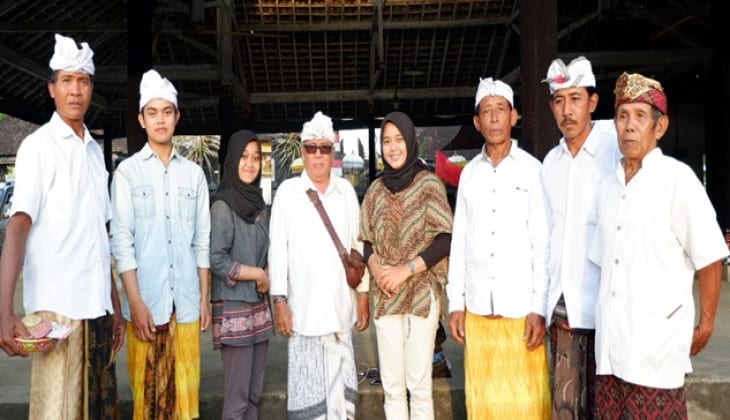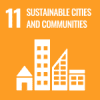
Subak is a traditional agriculture group that organizes irrigation affairs among Bali customary people. It is based on the Tri Hita Karana philosophy which is the concept of harmony for the Balinese. The concept is used to resolve agricultural matters to maintain harmony with God, fellow members, and nature. With this philosophy, the Subak group is said to be unique because there is only one in Indonesia and the world. In 2012 Subak was recognized as a world cultural heritage by UNESCO in the tangible and intangible categories in 2012.
However, along with world developments, tourism development in Bali is considered to be no longer in line with the Subak conservation concept. The problems are related to Subak land conversion, degradation of Tri Hita Karana, and pragmatism among the youth who do not want to become farmers or to sustain Subak.
This has prompted UGM students, Citra Cahya Adhieni, Akhmad Khanif and Rahmayanti to reveal the resilience of the Subak group in dealing with the tourism advancement in Bali. They conducted the research through the Higher Learning Directorate General program under the guidance of Drs. Pande Made Kutanegara, M.Si, PhD from 20 April to 3 May 2019 in Gianyar, Bali. The research involved 18 informants on Subak as well as village chiefs, museum managers, and related agencies.
Khanif announced the research outcome that Tri Hita Karana was still used by the Subak farmers ideologically, but practically there had been degradation. “There has been degradation in terms of harmony with nature. This has led to rampant sales of lands,” said Khanif on Monday (24/6). Khanif said a degradation of one value of Tri Hita karana would disrupt other values as they are interrelated.
Dilemma also emerged. Rahmayanti revealed there were four situations causing the dilemma, including high agricultural cost, tourism supporting infrastructure development, faith to practice one’s belief, and social drive. According to Rahmayanti, these hampered farmers to run their farm, hence increased land sales.
Windia, Subak expert, viewed that the government had yet to respond well to the problem. “I think there has been no government strategic policy to sustain Subak,” he said on Tuesday (21/6).
Citra added the government ought to issue a policy that involves Subak sustainability.


